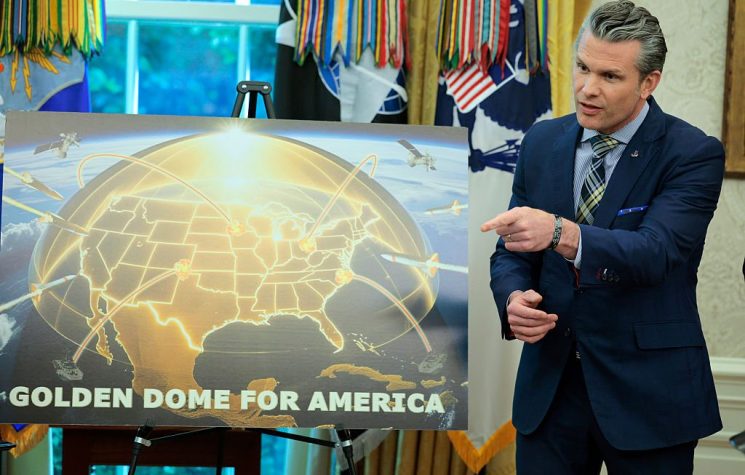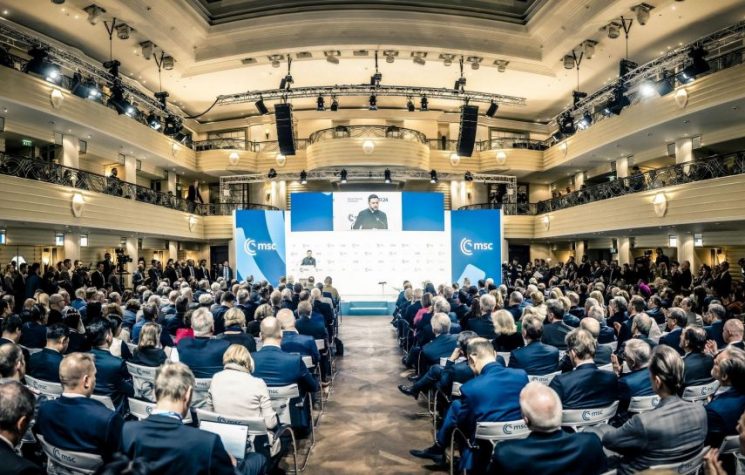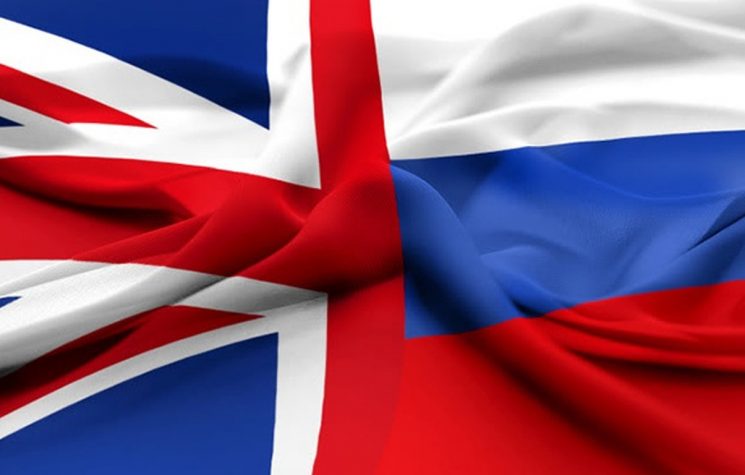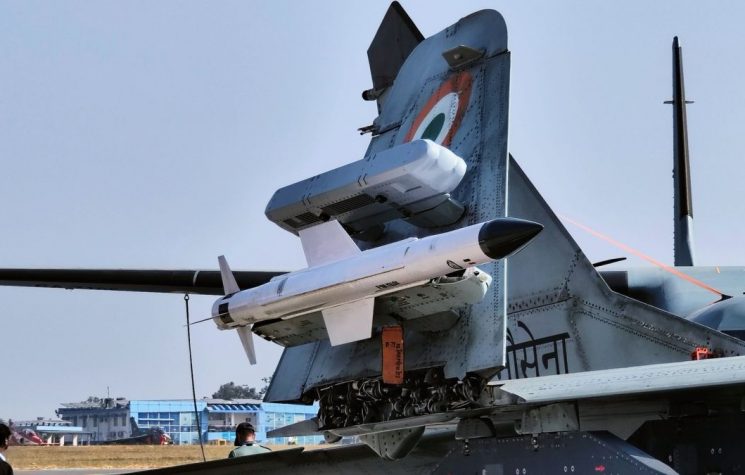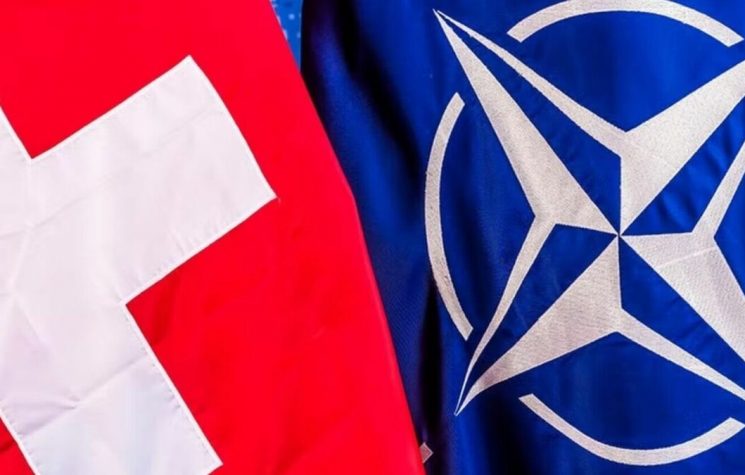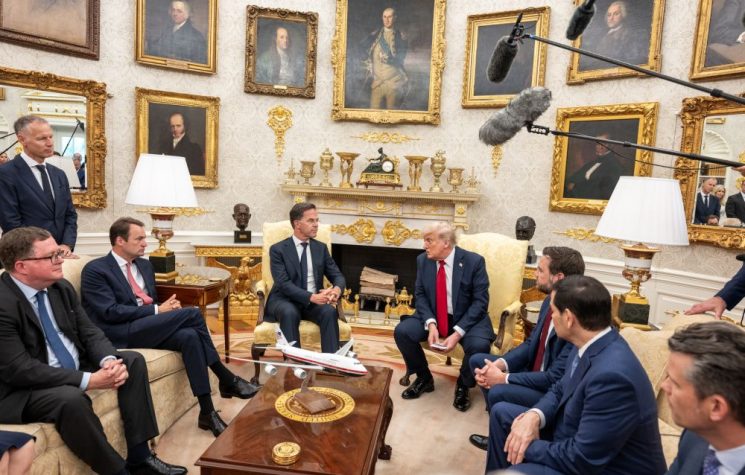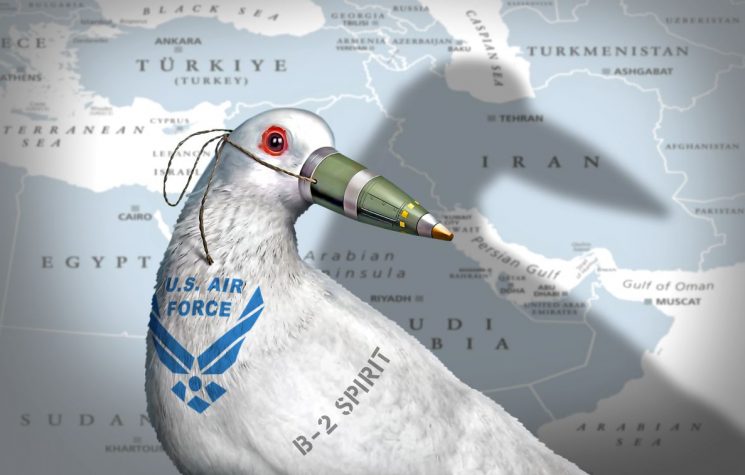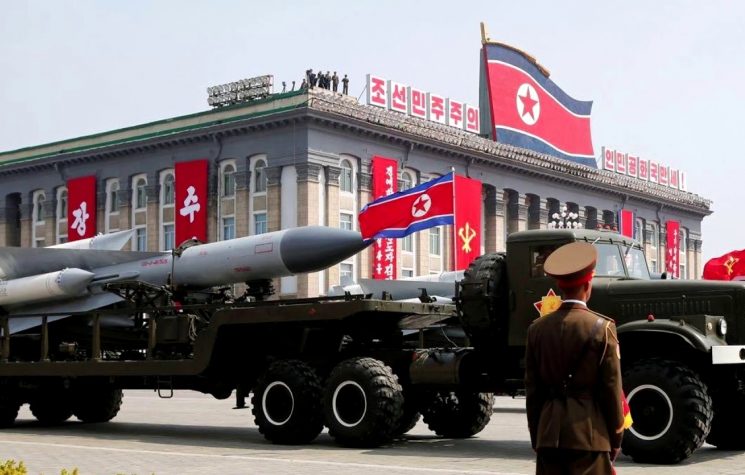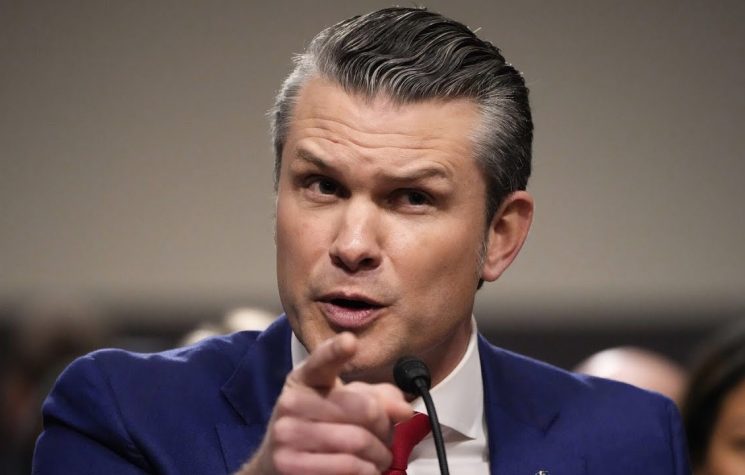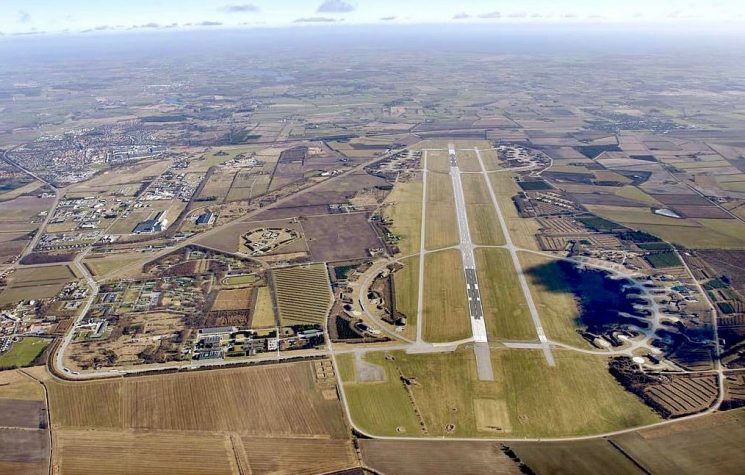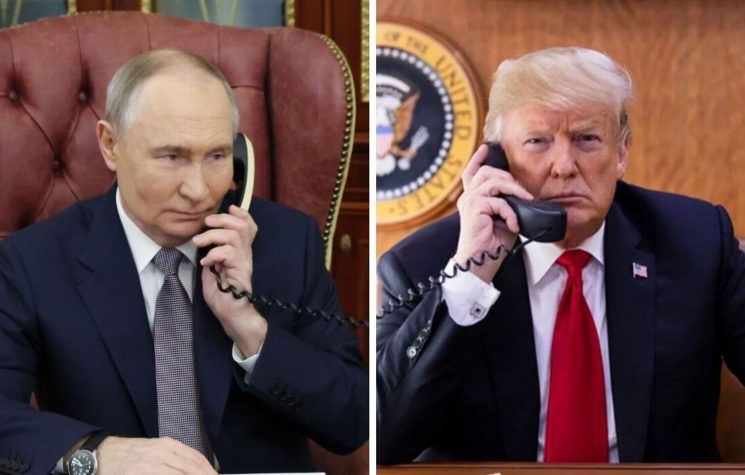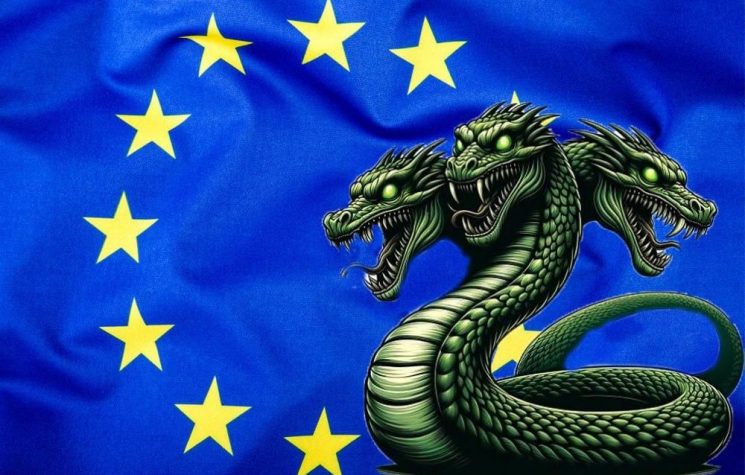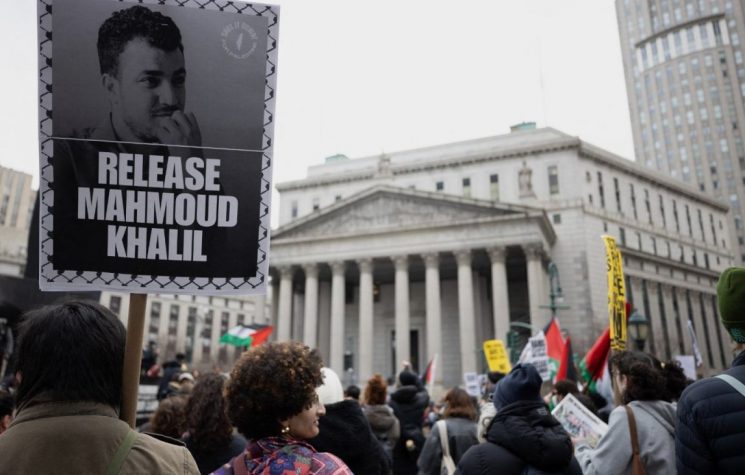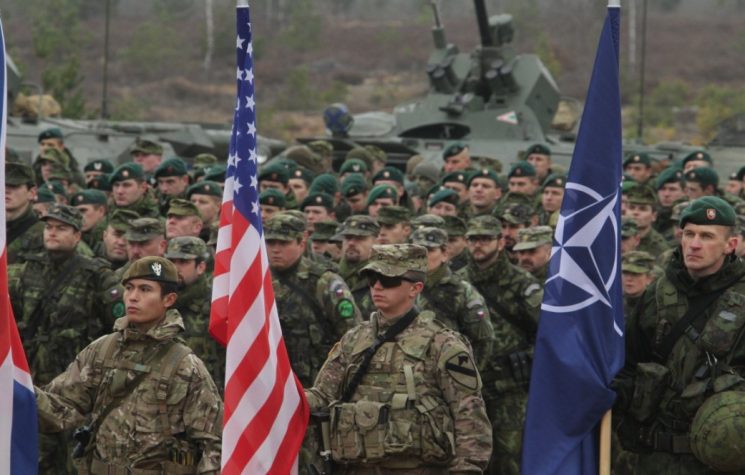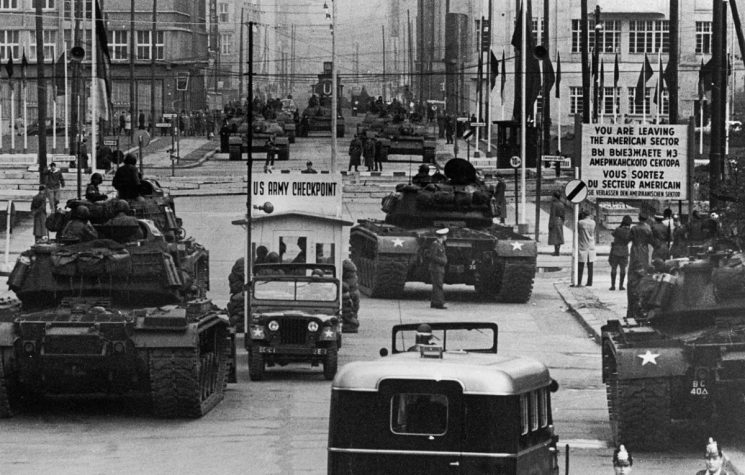U.S.-Nato military confrontation will continue along Russia’s borders with the aim of provoking Russia to take action, which is a very dangerous policy.
On October 20 the U.S. State Department announced that “Secretary of Defense Lloyd J. Austin III met with Ukrainian Minister of Defense Andrii Taran and later with President Volodymyr Zelenskiy today in Kyiv. In both meetings, the leaders affirmed the strength of the U.S.-Ukraine strategic defence partnership, and Secretary Austin pledged continued U.S. support for Ukraine’s sovereignty, territorial integrity, and Euro-Atlantic aspirations.” According to Voice of America he “called on Russia” to “end its destabilizing activities in the Black Sea” (without mentioning that Russia has a Black Sea coastline of 800 km).
On the same day that Russia was rebuked by the United States for supposed and unspecified “destabilising activities”, the Pentagon deployed two B-1B Strategic bombers to fly over the Black Sea. These strike aircraft flew out of the UK’s Royal Air Force station at Fairford, where they arrived earlier in October from Dyess USAF base in Texas, with the reported mission of “enhancing interoperability training with our allies and partners, building coalition strength, and bolstering our ability to respond to all threats with unmatched power.”
It was essential, apparently, for interoperability training to take place along Russia’s borders rather than in the skies of Texas or Fairford, where the local newspaper reported that “If you live in parts of Cheltenham and Gloucester there was no way you weren’t aware of two huge American bombers flying overhead at around 7.30 am on Tuesday. A distinctive rumbling noise got louder and louder and sounded so near it could almost have been mistaken for the sound of a huge lorry rumbling right past your house.”
It was hardly coincidental that the rumbling bombers’ “maritime targeting mission”, accompanied by Polish and Romanian fighter aircraft, was scheduled for the day after Russia’s notification by Foreign Minister Sergey Lavrov that as Nato had set up a “prohibitive regime” for Russian diplomats in Brussels by banning them from its headquarters building, and “because of NATO’s targeted steps, proper conditions for elemental diplomatic activity don’t exist… we are halting the work of our permanent representation to NATO, including the work of the main military envoy.” Nato’s actions had come as a surprise, because following a meeting between Mr Lavrov and Nato Secretary General Jens Stoltenberg in New York on September 20, it was announced that “the Secretary General stressed that NATO is committed to risk reduction and transparency, including through meetings of the NATO-Russia Council and through the modernization of the OSCE’s Vienna Document.”
No matter what “destabilising activities” may be alleged about Russia by Nato and several countries associated with the military alliance there is no ambiguity about Washington’s attitude and policy, which continue to be aggressive and confrontational. It will not be forgotten by Russia that Washington encouraged and assisted the coup in Ukraine in 2014 when the then Assistant Secretary of State for European and Eurasian Affairs, Victoria Nuland, was photographed together with the U.S. ambassador handing out cookies to rebels in Kiev’s Maidan Square in December 2013. (The goodies were taken to the square by her armed U.S. security guards. Then when the time was right for the cameras she was given the bags and doled them out. It was a gruesome but well-orchestrated little pantomime.) Nuland was up to her ears in the coup, and the BBC’s record of one of her telephone conversations shows just how deeply the U.S. was involved. She is heard saying “I don’t think Klitsch should go into the government. I don’t think it’s necessary, I don’t think it’s a good idea” but that “I think Yats is the guy who’s got the economic experience, the governing experience” for the new Ukraine that Washington wanted to create, thereby demonstrating its preference for coups that suit U.S. policy.
Following the antics in Kiev, President Biden showed exactly where he stands vis-à-vis Russia and Ukraine when he appointed Nuland to be his undersecretary of state for political affairs. There is no doubt Moscow (and Kiev) got the intended message, but it was barely credible when Biden sent her to Moscow on October 11 for two days of talks, supposedly with the purpose of improving U.S.-Russia relations. This extraordinary decision was described by Ted Galen Carpenter in the American Conservative as “A Display of Contempt” involving “a terrible choice for such a sensitive diplomatic mission” and it is difficult to see how Biden’s Washington could have been more sneeringly disrespectful of the government in Moscow and, indeed, the entire Russian people, than by sending such an emissary.
Following this pathetic but insultingly provocative charade, and concurrent with U.S. bomber sorties over the Black Sea and discussions between the U.S. Secretary of Defence and his Ukrainian counterpart, on October 21 the defence ministers of the U.S.-Nato military alliance had a conference at which they were reported as approving a “master plan to defend against potential Russian attacks, which could include nuclear weapons, cyberwarfare, hypersonic missiles or space attacks on satellites.” This master plan is to cost an initial billion dollars and was justified by Secretary-General Jens Stoltenberg declaring that “We continue to strengthen our alliance with better and modernised plans.” Reuters noted that (unnamed) “diplomats say the ‘Concept for Deterrence and Defence in the Euro-Atlantic Area’ — and its strategic implementation plan — is needed as Russia develops advanced weapon systems and deploys troops and equipment closer to the allies’ borders.”
But while U.S. strategic bombers from Texas are deployed to England to roam the skies above the Black Sea, deliberately menacing Russia, Nato hastened to assure the world that its new Concept for war against Russia is nothing to worry about. As Stratfor reported on October 21, “NATO officials stressed that they do not believe any Russian attack is imminent” which raises the question as to why U.S.-Nato is massing troops along Russia’s borders in the appropriately named “Enhanced Forward Presence”.
The statement by Russia’s foreign minister Sergei Lavrov on October 18 that “the basic conditions for common work no longer exist” with the U.S.-Nato military alliance, and “we see no reason to pretend that any change is possible in the foreseeable future” was made with regret but, unfortunately, predictable inevitability. It is apparent that the rising tide of anti-Russia provocation is being encouraged to the full by Washington, with President Biden indicating U.S. preparedness to expand its military commitments in Europe and elsewhere.
Not content with declaring that the U.S. “has a commitment” to military action if there is conflict between China and Taiwan (which it does not), President Biden authorised defence secretary Lloyd Austin to “reiterate the U.S. commitment to supporting Ukraine’s forces through security assistance” and achieving “an even stronger and more enduring strategic partnership”, together with boosting the armed forces of Georgia, Bulgaria and Romania in the Nato and “Nato-partner” anti-Russia alliance.
The U.S. has been forced out of Afghanistan by Taliban militants but is continuing other global military manoeuvres while extending its military agreements and groupings. Targeting Russia is domestically popular for both the Republican and Democratic Parties in the U.S., and Brussels Nato is following along, lured by the attraction of even higher military spending and extension of its influence. Washington supports Nato membership by Ukraine and Georgia, with Austin, for example, speaking with approval of “Ukraine’s aspirations to join NATO.”
U.S.-Nato military confrontation will continue along Russia’s borders with the aim of provoking Russia to take action, which is a very dangerous policy. It would be better to engage in dialogue, but Biden’s Washington seems to regard negotiation and compromise as weakness. In the words of the commander of U.S. Air Forces in Europe, General Jeff Harrigian, his forces have “unmatched power.” And that is what it is all about.












